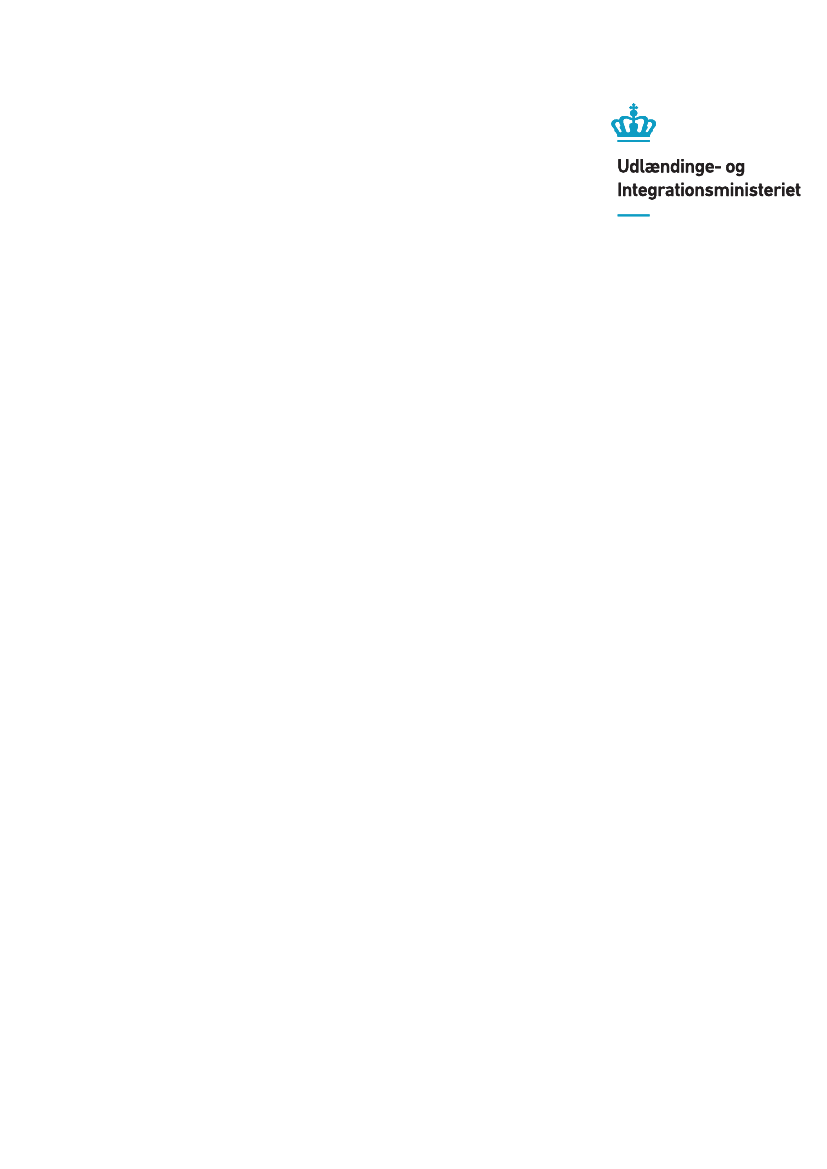
Ministeren
Udlændinge- og Integrationsudvalget
Folketinget
Christiansborg
1240 København K
8. maj 2018
Udlændinge- og Integrationsudvalget har den 12. februar 2018 stillet følgende
spørgsmål nr. 423 (alm. del) efter ønske fra Mattias Tesfaye (S) til udlændinge- og
integrationsministeren, som hermed besvares endeligt.
Spørgsmål nr. 423:
Vil ministeren tage initiativ til at undersøge, hvilke erfaringer man i Tyskland,
Sverige og Finland har gjort sig med modtage- og hjemrejseprogrammer for
afviste asylansøger, hvor økonomisk støtte indgår som et af evt. flere elementer i
programmet, jf. svar på UUI alm. del
–
spm. 364?
Svar:
1.
Til brug for besvarelsen har Udlændinge- og Integrationsministeriet indhentet
bidrag fra Federal Office for Migration and Refugees i Tyskland, som har oplyst
følgende:
Together with the long existing German AVR program REAG/GARP,
the "StarthilfePlus" program builds the German offer of return cash
assistance for voluntary returnees. The amount of the financial
support depends on the date of departure, the nationality and the
resident status. Thus different program-stages exist, rewarding e.g.
the binding decision to leave Germany voluntarily before the asylum
decision is delivered (Stage 1). Furthermore there are special stages
for persons with a legal protection status (Stages S) or persons with a
tolerated stay status (Stage D).
In 2017, 9959 persons returned by means of "StarthilfePlus".
As the program started at 1st February 2017 and is running for one
year yet, an evaluation started only recently and no resilient data on
actual meaning is available.
Udsendelse
Slotsholmsgade 10
1216 København K
Tel.
Mail
Web
CVR-nr.
Sags nr.
Akt-id
6198 4000
www.uim.dk
36977191
2018 - 2768
409042
Side
1/3